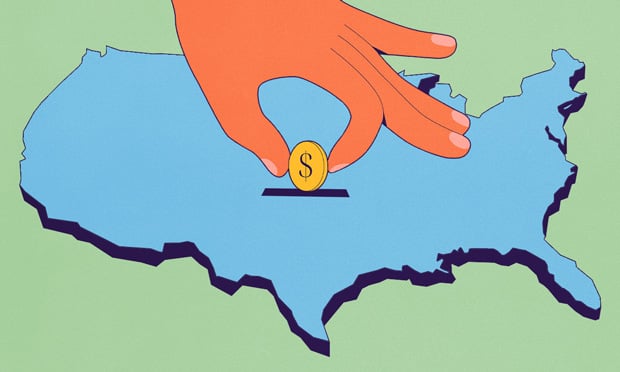 The ClimateWise report recommends investors take more thoroughinventories of housing and business real estate, making logs offlood risks and construction materials used. They should alsoincorporate scientists' climate projections into their owncatastrophe models. (Photo: Shutterstock)
The ClimateWise report recommends investors take more thoroughinventories of housing and business real estate, making logs offlood risks and construction materials used. They should alsoincorporate scientists' climate projections into their owncatastrophe models. (Photo: Shutterstock)
(Bloomberg) — Insurers are increasingly worried that risingtemperatures will lead to a slump in property values that couldspark broader financial turmoil.
Those were the conclusions of a group out of theUniversity of Cambridge including some of the world's biggestinsurers.
Continue Reading for Free
Register and gain access to:
- Breaking benefits news and analysis, on-site and via our newsletters and custom alerts
- Educational webcasts, white papers, and ebooks from industry thought leaders
- Critical converage of the property casualty insurance and financial advisory markets on our other ALM sites, PropertyCasualty360 and ThinkAdvisor
Already have an account? Sign In Now
© 2024 ALM Global, LLC, All Rights Reserved. Request academic re-use from www.copyright.com. All other uses, submit a request to [email protected]. For more information visit Asset & Logo Licensing.








